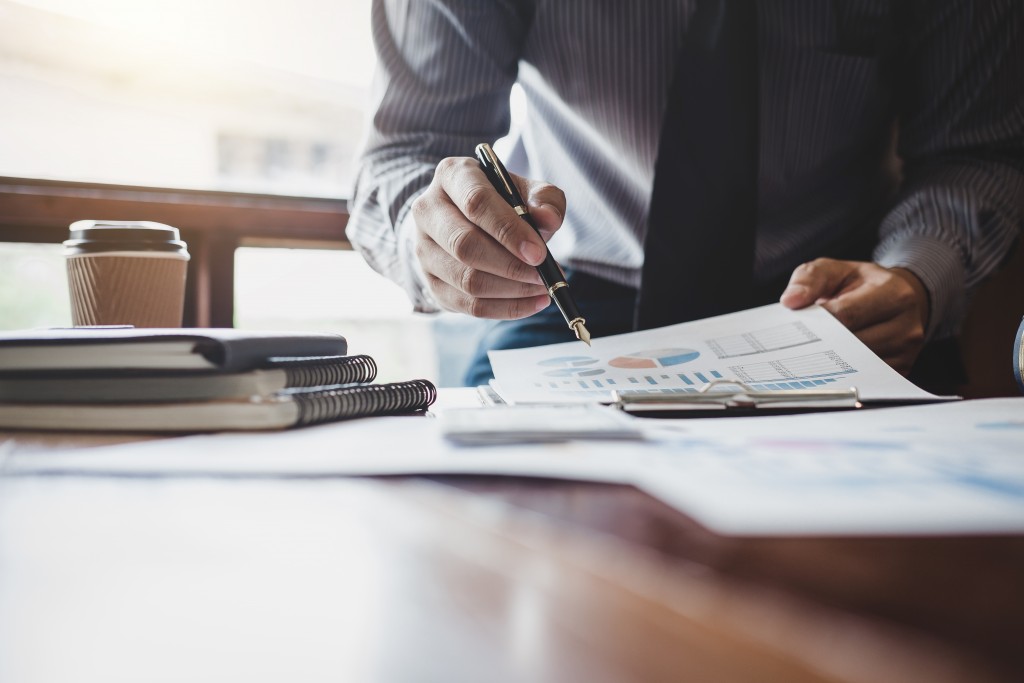The current pandemic the world is suffering has opened up discussions on our relationship with our environment. Although not yet identified as a direct effect of climate change, the quick spread of the virus is an alarm signaling the danger of how our society has proceeded with its interaction with nature. Even without saying it’s about climate change, we are surely faced with changing times.
What we left off before the pandemic had been a highly consumerist society. Production and consumption levels were high. The standstill brought on by the crisis allowed us to pause and rethink our lifestyles and strategies. Do we proceed as before? What could be the differences?
If you plan to restart a business or are starting from scratch, here are some points you might want to think about.
Check for opportunities
Because of the slump in the economy, various measures had been put in place to pump back capital and stimulate production. However, the unsure future is still making people hesitate about reinvesting at this time. Now is the time for you to make your move when competitors are not that aggressive. If you have been meaning to purchase land, there are many properties for sale now at a reasonable price.
See also if there are incentives for loans. Usually, governments provide lower interest rates in times of calamities.
For those looking to start a business, check if you could resuscitate some of the businesses that closed down. If you could offer a new strategy to revive it, maybe you could partner with an already established brand, so you don’t have to start from scratch. Although it might sound heartless, taking advantage of the situation, the bottom line is that you could give that business a new life. Moreover, it would save some people from losing jobs.
Re-study your market
 For businesses looking for a comeback, understand that the demands in the current and future conditions might change. You need to check if your product or services are still relevant. For example, a healthy lifestyle took on an upturn with the pandemic. People who had been taking for granted their health, sacrificing proper nutrition and exercise for work suddenly see that their hard work would be for nothing if they succumb early to sickness. Vitamins and food supplements are now indispensable in several households.
For businesses looking for a comeback, understand that the demands in the current and future conditions might change. You need to check if your product or services are still relevant. For example, a healthy lifestyle took on an upturn with the pandemic. People who had been taking for granted their health, sacrificing proper nutrition and exercise for work suddenly see that their hard work would be for nothing if they succumb early to sickness. Vitamins and food supplements are now indispensable in several households.
On the other hand, be wary of passing trends. Disinfectants, alcohol, face masks, and sanitizers have all been selling fast in the past months. But consider how this would be in the future. Does disinfecting thoroughly before entering the house look like it would become part of the regular regime, such as brushing the teeth? Or would washing the hands suffice when the health crisis is finally resolved? The changes happening now might not last, so be careful when reading market trends.
Look at the safety nets in your plans
The pandemic happened because it had been unanticipated. The virus got to affect operations on a global scale because governments and its citizens didn’t know how to react immediately. In the future, something like this may occur again. What mechanisms can you put in place so that a standstill wouldn’t affect your business, or at the very least, wouldn’t end in its permanent closure?
Go into essential industries
No matter how governments officially define what essential industries are, we could identify them by knowing the basics we need to survive. At the very core of our beings, we know that we could survive if we don’t get to buy a trowel for our garden. We will survive if our vacuum cleaner suddenly got busted, and we couldn’t go to the department store to replace it. Online marketers just made them available so that we were able to buy them even when everything was being locked up.
But if we really think what we couldn’t live without, it just boils down to food, medicine, shelter, and any kind of preoccupation. The first three categories are for our physical needs while the last feeds our mental health. So when you think of the possible services or goods you could get into, think about what would never lack buyers.
There will be other concerns arising when the new norm starts to take shape. Resources and supplies that had been limited in the past months might be replenished, and people might eventually forget that there had ever been a shortage of any kind. On the other hand, people might remember how it felt to fight over toilet paper, to go to the grocery store and find rows of shelves empty, and to desperately look for prescription medicines in all drugstores and discover they have sold out. You have to make yourself flexible and ready to adapt to whatever the changes would be.

